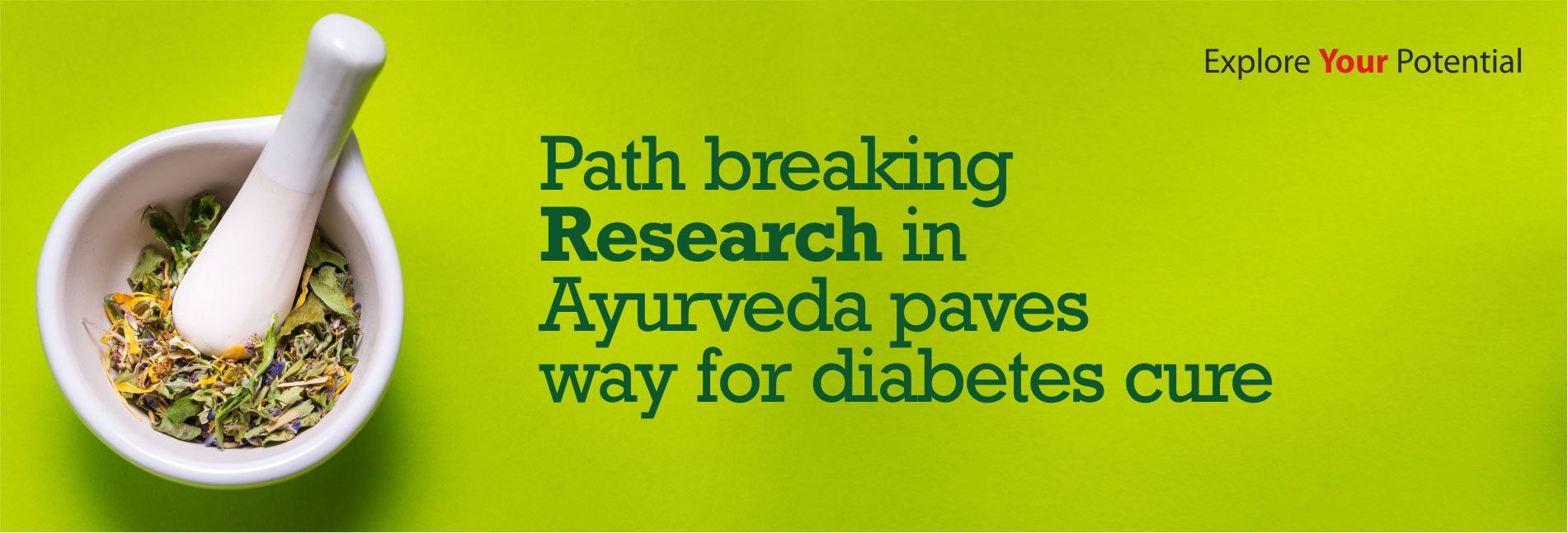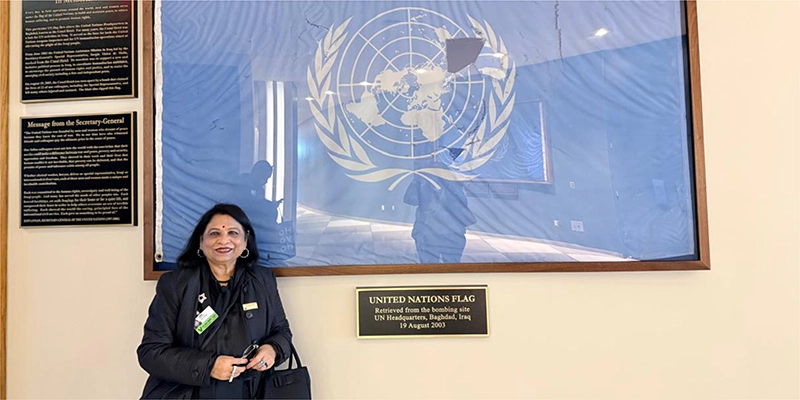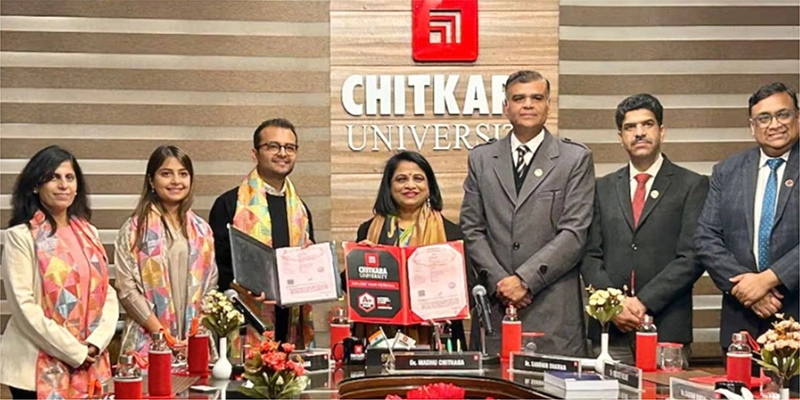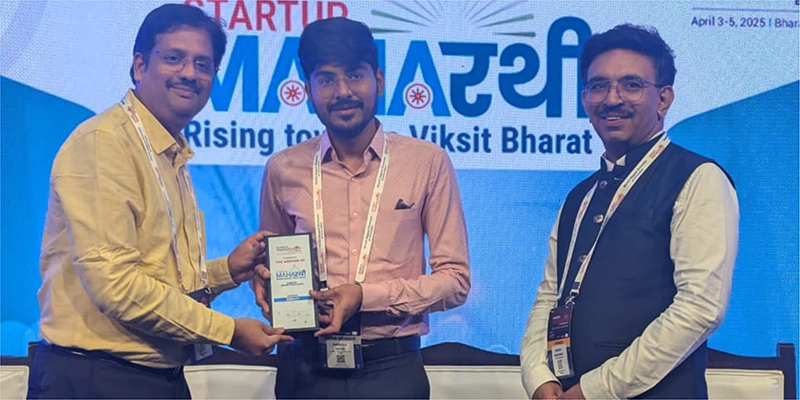Chitkara University researchers develop Ayurvedic medicine to manages diabetes

Researchers at Chitkara University, Punjab developed an ayurvedic medicine that not only reduces diabetes but also helps the body’s damaged cells heal. Siberia Journal of Experimental and Clinical Research published this ground-breaking research paper. Controlling diabetes is incredibly tough and people do not accept a new treatment procedure in such a situation. As there has been hardly any study on ayurvedic drugs and its impact on diabetes, their USP is unknown and as a result, the usage of ayurvedic medicine is minimal.
A phase IV clinical trial was undertaken on 100 individuals with diabetes by Ravindra Singh, a researcher at Chitkara University’s College of Pharmacy and his team. He separated the patients into two categories. The allopathic medicine Sitagliptin was administered to one group, whereas ayurvedic BGR-34 was given to the other. Patients were divided into two groups and double-blind trials were undertaken. That is, these medications were administered to patients without their knowledge of what they were taking.
The study found that ayurvedic medicine increased the function of beta cells in the pancreas as well as lowering blood sugar levels in diabetics. The study group was monitored for a few days and it was discovered that ayurvedic medicine is quite efficient in the treatment of diabetes. The first finding demonstrated a baseline drop in glycated haemoglobin levels (hba1c). Simultaneously, a random sugar test revealed that the individuals were reacting well to the ayurvedic medicine.
According to the study, the baseline value of HBAIC in patients at the start of the trial was 8.499 percent, but the number dropped to 8.061 percent in patients receiving ayurvedic medicine. After eight weeks, it was 6.56 percent and after one week, it was 6.27 percent.
BGR-34 was developed by CAMP and NBRI, Laboratories of the Council of Scientific and Industrial Research (CSIR), Lucknow and introduced to the market by Emil Pharmaceutical.













